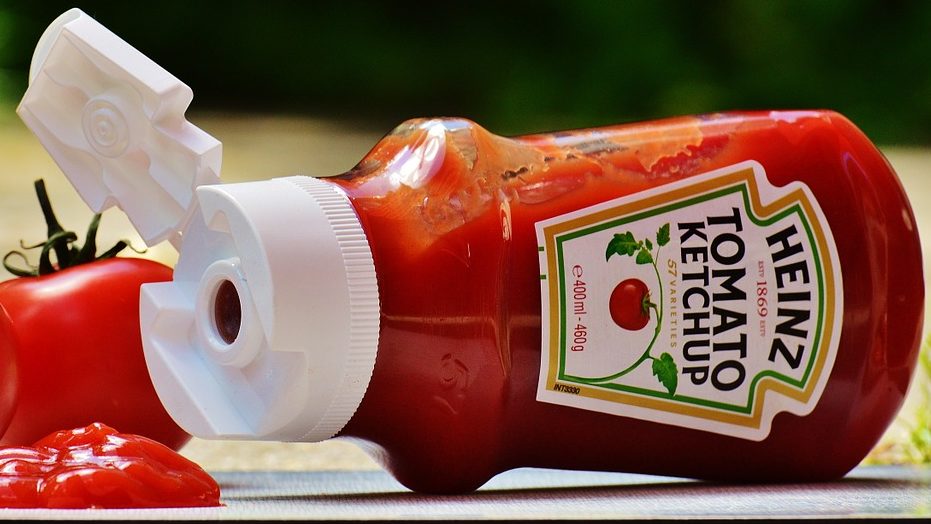Food Fight: The Climate Crisis Is Now Affecting Ketchup
Ma’ariv, Israel, August 25
If we don’t take serious steps in the immediate future, the world will likely experience food wars as early as 2030. Europe is burning in heat, and it seems that the climate crisis, one of the worst we’ve ever known, will soon reach the American continent, which is suffering badly from harsh climate conditions that cause huge fires, droughts, and water shortages. One of the biggest victims of climate change has been ketchup. So, is the most popular dip in the world, ketchup, expected to soon disappear from our supermarket shelves? According to experts, California, which is one of the world’s largest producers of industrial tomatoes, is experiencing a very severe drought this year that is damaging tomato crops. It is therefore expected that the price of ketchup will increase by tens of percent. The weather in California was ideal for growing industrial tomatoes. However, climate change is causing an increase in temperatures, making it very difficult to grow tomatoes this year, especially when there is a significant lack of water for irrigation. The current conditions of restrictions on the use of groundwater, the drying up of rivers, along with the high costs of personnel, fuel, and fertilizers, affect the production of tomatoes. The situation is expected to worsen as temperatures continue to rise, putting the global supply of tomatoes at risk. California, it turns out, isn’t the only place expected to suffer from droughts, and it seems as if other tomato producers, including China and Italy, are reporting similar challenges. I believe that the shortage of ketchup is the tip of the iceberg in the chain of price increases we’ll witness in the world and, in my estimation, it is expected to reach Israel soon enough. This will manifest itself in a significant jump in prices, and not necessarily in a physical shortage. California is an agricultural country with challenges similar to those faced by Israel, but on a much larger scale, in terms of desertification, lack of water, droughts, and huge fires. Severe weather events also occur in the Mediterranean basin. France has experienced a heavy heat wave and huge fires in recent days, alongside storms, floods, and winds. At the same time, northern Italy experienced hailstorms that caused enormous damage to agriculture. In short, the crisis is getting worse. So, what’s the solution? Sit and do nothing? I believe that Israel can be the source of hope for the rest of the world. Today, Israel is a leader in providing solutions to prevent this huge crisis. Israeli startups are currently working to implement technologies in the field of agrotech that were developed and tested in Israel, California, and in various parts of the world. It is evident that the farmers in Israel know how to adopt new technologies that will help them – and the rest of the world – deal with the complex reality of climate change. However, this isn’t enough. Israel’s desert line is moving north and solutions that are implemented here can be implemented in countries all over the world. We must continue to invest in technologies and solutions that will provide a real answer to the many challenges created by the climate crisis. The value of the global agriculture market is currently estimated at about $10 trillion, with investments in agrotech and foodtech increasing in 2020 by 30%, to more than $30 billion. Israel did not remain indifferent to the situation; investments in Israeli agrotech increased from $55 million in 2014 to $827 million in 2021, and the numbers keep going up each year. Against the backdrop of these forecasts for the growth of the world’s population to 10 billion people by 2050, the demand for food is expected to grow dramatically. Therefore, if we don’t take critical steps to improve our crop yields, deal with plant diseases, and produce more food, more efficiently, the world will face a real hunger crisis and significant political instability. – Dganit Vered (translated by Asaf Zilberfarb)


